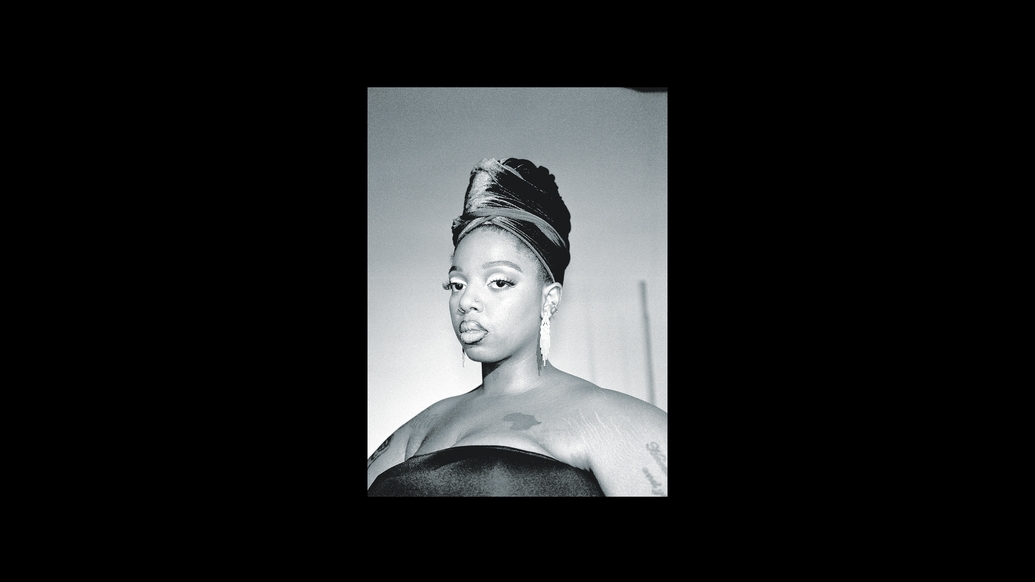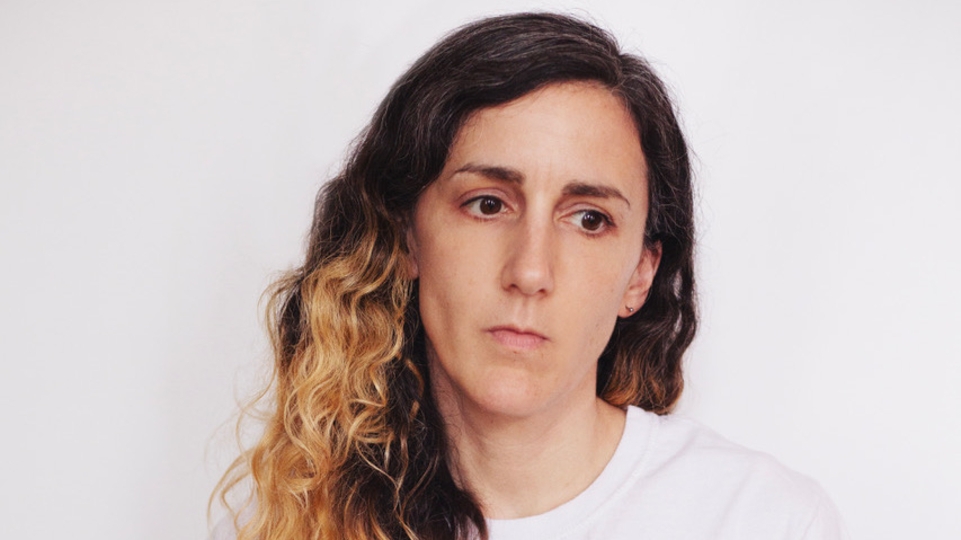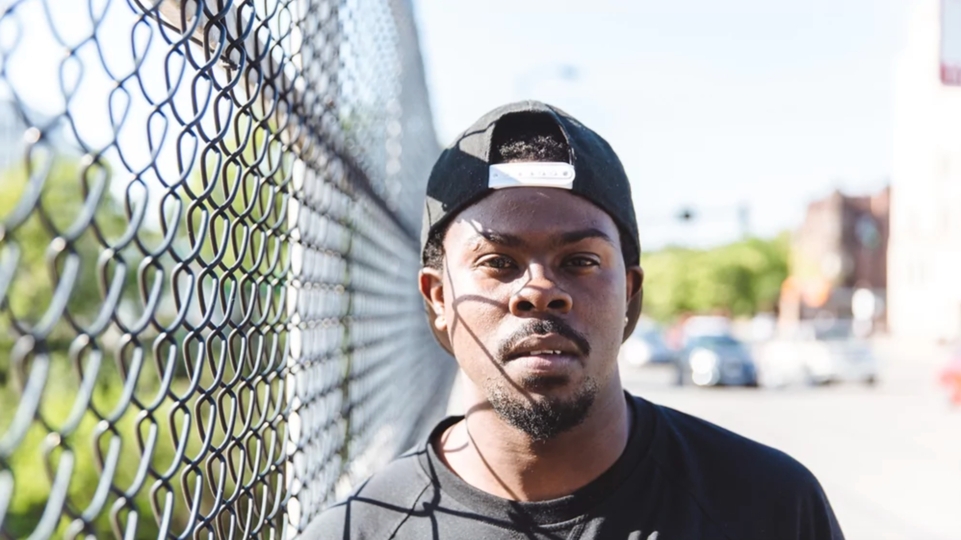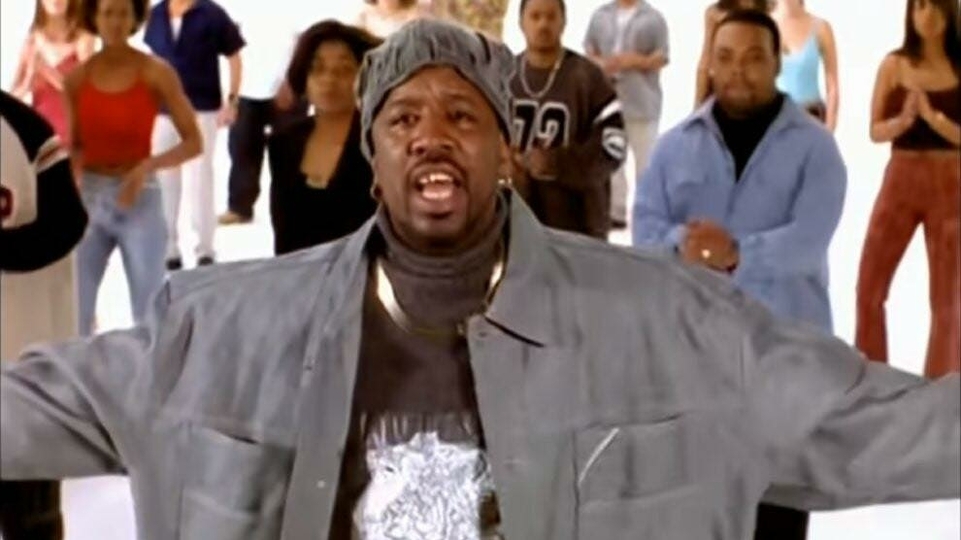
KeiyaA: forever and a day
Chicago-born vocalist and musician KeiyaA’s debut album ‘Forever, Ya Girl’ was self-released last year, and won praise for its multi-layered and tender sound. Christine Ochefu speaks to the artist at home in New York City about her journey so far, through church choirs and jazz classes, and finds out how her deepening understanding of Black life and art informs her contemporary work
When KeiyaA readied the release of her debut album, ‘Forever, Ya Girl’, last March, she was surprised at how quickly it took off. “I put the pre-order up on Bandcamp a week before it came out,” she says, “and that exceeded sales I’ve had in my whole time of being on there, just in that one week.”
Releasing the album through the independent platform was a throwaway attempt by the 28-year-old vocalist and musician to make some “Bandcamp money” — cash paid directly to artists on the site’s fee-waiver days — but it earned her much more than that. Solange Knowles, Moses Sumney and Earl Sweatshirt have professed their love for ‘Forever, Ya Girl’, and the album was selected as Pitchfork’s ‘Best New Music’ last April.
The success of ‘Forever, Ya Girl’ so far has been poignant, and not just because of the accolades. In late 2019, after a period of unemployment and with little savings to fall back on, KeiyaA was evicted from her apartment and remained semi-homeless right up until the album’s release, sleeping on friends’ couches while working on her music. The two-bedroom apartment she speaks to us from, on an early spring morning in New York City, is her new home. She’s only recently moved in, aided by the album sales on Bandcamp, and she credits her community and supporters for her new situation.
“For it to happen during this time introduced me to this new feeling,” she shares. “Not quite survivor’s guilt, but something close to that. When everything started, I was without a pot to piss in or a window to throw it out of — now I have that. I was able to do that off the strength of people who were also suffering, but still put that money up to buy my work. I’m super grateful.”


A multi-instrumentalist with a background in gospel, jazz and session playing, KeiyaA produced most of ‘Forever, Ya Girl’ herself, working off her BOSS SP-202 sampler and array of keyboards, which she presents to us with glee as we chat over Zoom. The music is guided by her soft, lilting vocals, packed with stirring harmonies and lo-fi samples of spoken word artists like Jayne Cortez and Ntozake Shange. The result is an engulfing mesh of sounds: sometimes swelling and dense, like the standout ‘Negus Poem 1 & 2’; other times bubbling with luscious, airy house-influenced tones, like the deceptively upbeat ‘I! Gits! Weary!’.
Throughout, you can hear the work of predecessors, across soul, R&B and jazz, but it would be counterintuitive to place ‘Forever, Ya Girl’ under a single genre; clearly, the album intends to disrupt musical traditions.
“As Black people, we should reject genres for the purpose of creation, especially because those [genre] titles don’t necessarily come from us,” she says. “But I think it’s important to call out what we’ve been doing. We do several things that have sets of rules. It’s cool to say, ‘Hey, I know that tradition. Let me follow it, and then let me break it’.”
Growing up in Chicago, KeiyaA sang in church as a young child, and went on to sing with the prestigious Chicago Children’s Choir. She accessed free music programmes through the school system and played alto saxophone, which “almost helped babysit” her while her single mother worked “crazy shifts” as a nurse. She never thought of music as a trade and was encouraged into vocational work, but after graduating high school, she enrolled in a Jazz Studies degree at the University of Illinois. She remembers Robert Glasper’s ‘Black Radio’ dropping in her sophomore year, and seeing jazz “marry with popular music again, pioneered by Black artists... that lit a fire in me”.
That same year, she dropped out of college, feeling unchallenged and craving a “new environment” where her world could be “opened up”. She left Chicago and followed her then-partner to New Jersey and New York City; in the latter, she fell into the budding beats scene and started performing at spots like the Black-owned Ode To Babel in Brooklyn. She spent her days working an intense desk job at a start-up ticketing platform, SeatGeek, but eventually, her passions made the choice for her. “I knew for a long time that this was gonna be my last job,” she says. She quit “before she got fired” in late 2019, which led in part to her homelessness.


KeiyaA reflects on that time of unrest and recovery in her work: materially, through mutual aid, and sentimentally, through her music. She notes how she’s often perceived as a ‘radical artist’, whose work is intertwined with thinkings on liberation and justice for Black people, particularly for those in femme bodies, trans and other marginalised genders.
“I’m very careful about the word, but I already know that my music gets put in those boxes,” she says, as we mull it over.
She’s been reading names like Saidiya Hartman and Dr. Joy James, and Fred Moten’s work on Afro-pessimism. It all informs her perspectives on subjects that feed into her life and music: the multiplicity of abolitionism, being socialised in a femme body and the impact of misogynoir. It’s most prominent in her lyrics. Our personal favourite, we tell her, is from ‘I! Gits! Weary!’: “to build and destroy is to be divine”. “Wow,” she breathes, before pausing to think.
“It’s a commentary on revolution, abolition and this current conversation that young Black people are having globally about how we free ourselves. I wanted to make the statement that all of it — the holistic community building and mutual aid, as well as the fighting, rioting and destroying of systems and physical property that represent state oppression — is necessary to get to what we’re fighting for. So it’s pro-looter, in a way,” she laughs.
“My art wasn’t purely something made to help me survive, but I understood that if it was going to function as that, I needed to make it important, special and true to me,” she continues. “That leads to me making meditative music for Black women, Black queer people, people in femme bodies and people who are victims of structural violence and death-making systems.”
‘Forever, Ya Girl’, with its profound meditations and affirmations on Black life, comes as a soothing balm to the chaos of 2020 and onwards; an acknowledgement of, and antidote to, the assaults that rage on Black people everyday. But it’s also not exclusively a liberation effort. Part of her drive is to use art to provide some levity, too. “I think success is when you look at an archive of Toni Morrison reading with Alvin Ailey Dance Company, with an orchestra playing, and you know it’s important art and music for Black people,” she says. “That, and helping me survive, helping me create safe havens for me, my friends and family.”
Perhaps that’s why ‘Forever, Ya Girl’ has had such a great reception during a painful time — KeiyaA feels our struggle and wants to help us chip away at it, for our sake and her own.





